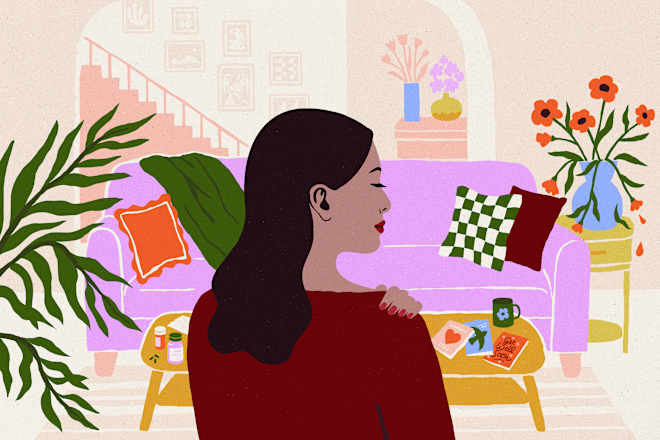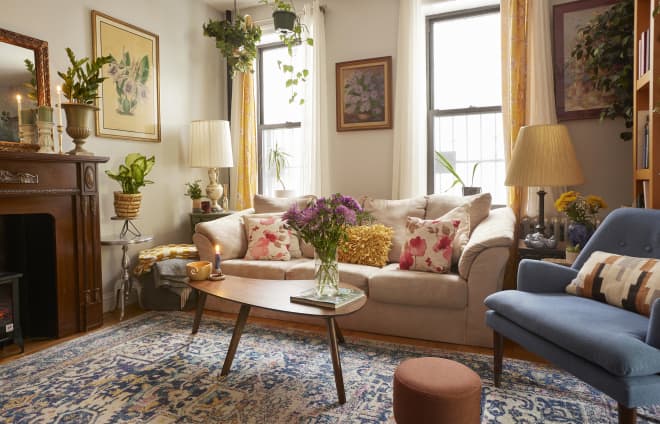Meet the people curbing their consumerism and needless spending with a 'low-buy year'
The "low-buy year" trend reflects some consumers' desire to curb spending, reduce debt, and prioritize financial health over conspicuous consumption.
Malte Mueller/Getty Images
- Some people are embracing "low-buy year" to curb their consumerism and slash their debt.
- After an era of doom spending, many are tired of being strapped for cash.
- They say capsule closets, Vinted sales, and "Project Pan" promote mindful consumption.
Some people are getting serious about curbing their consumerism and needless spending by committing to a "low-buy year."
While "doom-spending" was a tactic some used to make them feel better about the economy and geopolitical issues in post-pandemic 2023, it looks like that era is over.
Now, what's hot are capsule closets and "Project Pan" — just two of the methods heralded as ways to save rather than spend during a low or no-buy year and help people develop a more mindful approach to consumption.
Elysia Berman, who documented her journey out of $48,000 worth of debt on social media, told Business Insider that the trend may be related to people tiring of the "pressure to keep up."
"I think people are feeling a bit burned out," says the New Yorker.
There's a cost-of-living crisis, and while spending mindlessly was fun for a while, people are sick of being broke and owing thousands to credit-card providers and buy-now-pay-later apps.
"They're tired of being sold to and taken advantage of," Berman added. "People don't want to be defined by their possessions anymore." Elysia Berman
The reality of micro-trends
Debt and personal finance have become huge on social media, particularly TikTok, in the past couple of years. There, you can find raw and candid conversations about salaries, savings, debt, and ways forward.
Ellen Robinson, who lives in London, noticed that the number of beauty products and clothes she'd been purchasing had been steadily creeping up in the past few years due to services like TikTok shop.
Rather than actually wanting the items she was adding to her cart, she was getting a rush from what that stuff represented.
"I was sort of buying into things because I wanted the lifestyle that thing portrayed in my head rather than the thing itself," Robinson told BI. Ellen Robinson
Black Friday in November was a turning point for her because all the discounts felt "really in your face." She's also grown skeptical about the latest fashion micro-trends that disappear from social media feeds as quickly as they emerge.
"I feel like everybody's now become more aware of how fast the trend cycles are moving," she said. "Every couple of weeks, we're like, it's now the fisherman trend, it's now the cute cat trend, or whatever, and I think people are just exhausted by it."
Although she's always been interested in sustainability, Robinson has stepped up her efforts and plans to purchase just 12 items in 2025. "Rather than not buying anything at all, I'm being a little bit more considered and buying myself one piece a month that fits into my wardrobe in a variety of different ways."
@ellensinwonderland 2025 is my year of mindful consumption ✨ Focusing on sustainability, reducing waste, and making intentional choices. No new clothes, no unnecessary spending—just creativity and gratitude. Ready to join me?





















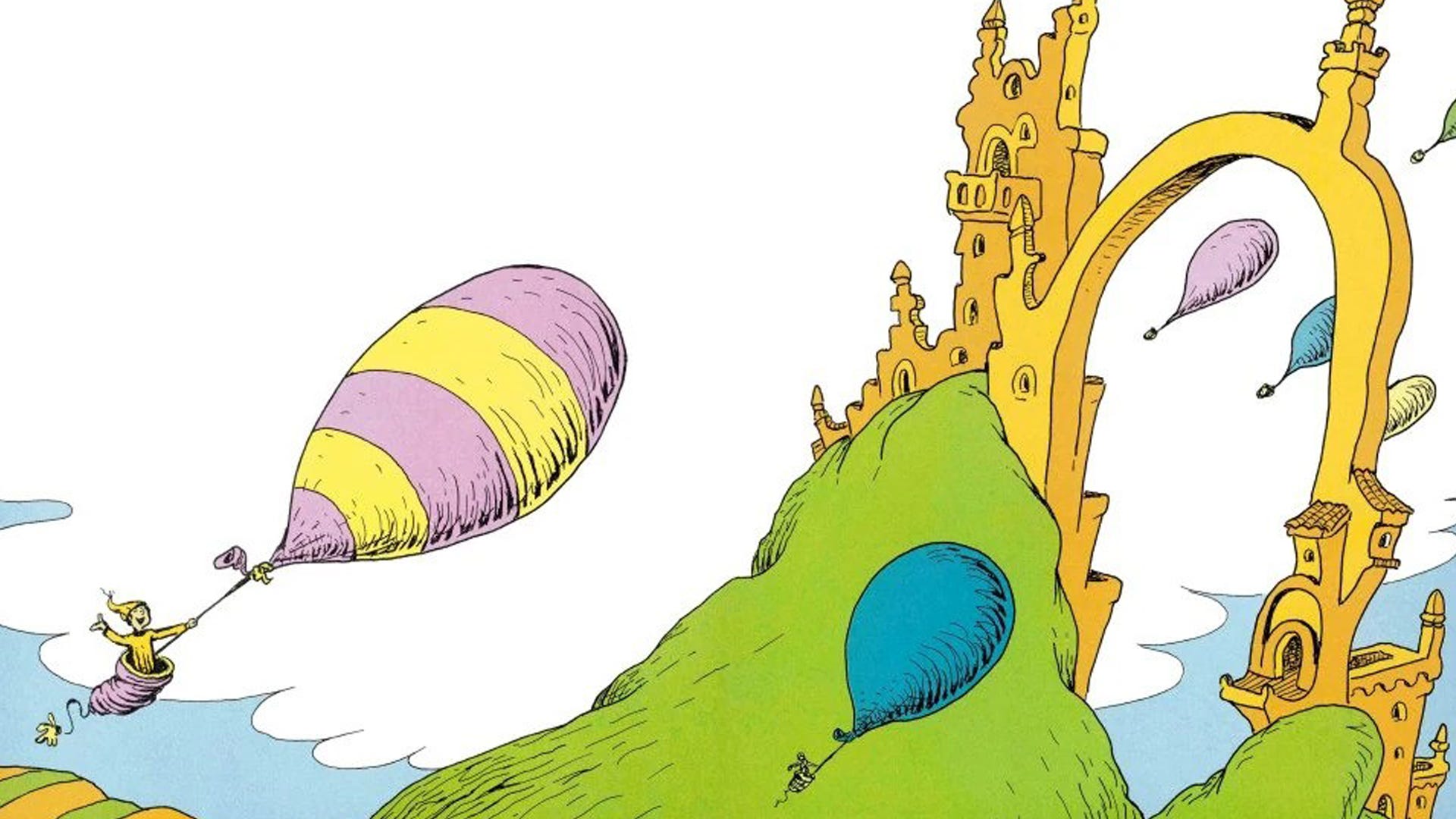






.png)










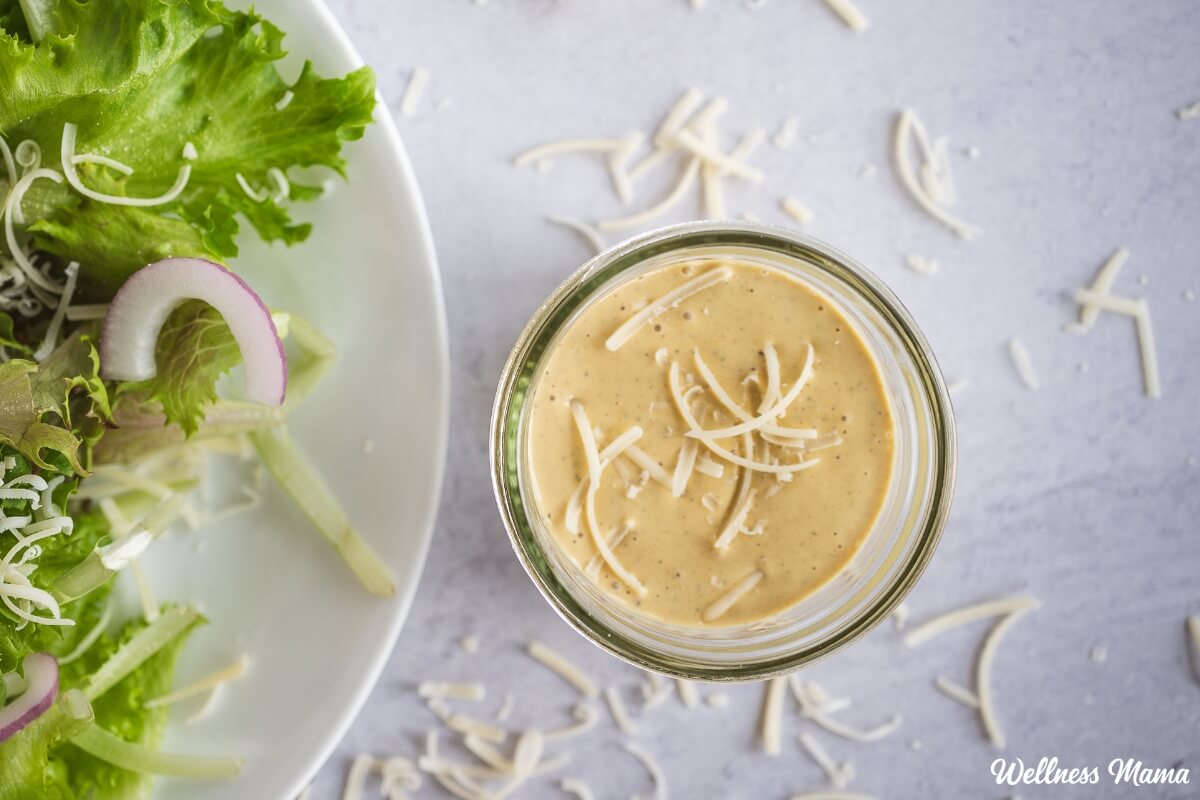


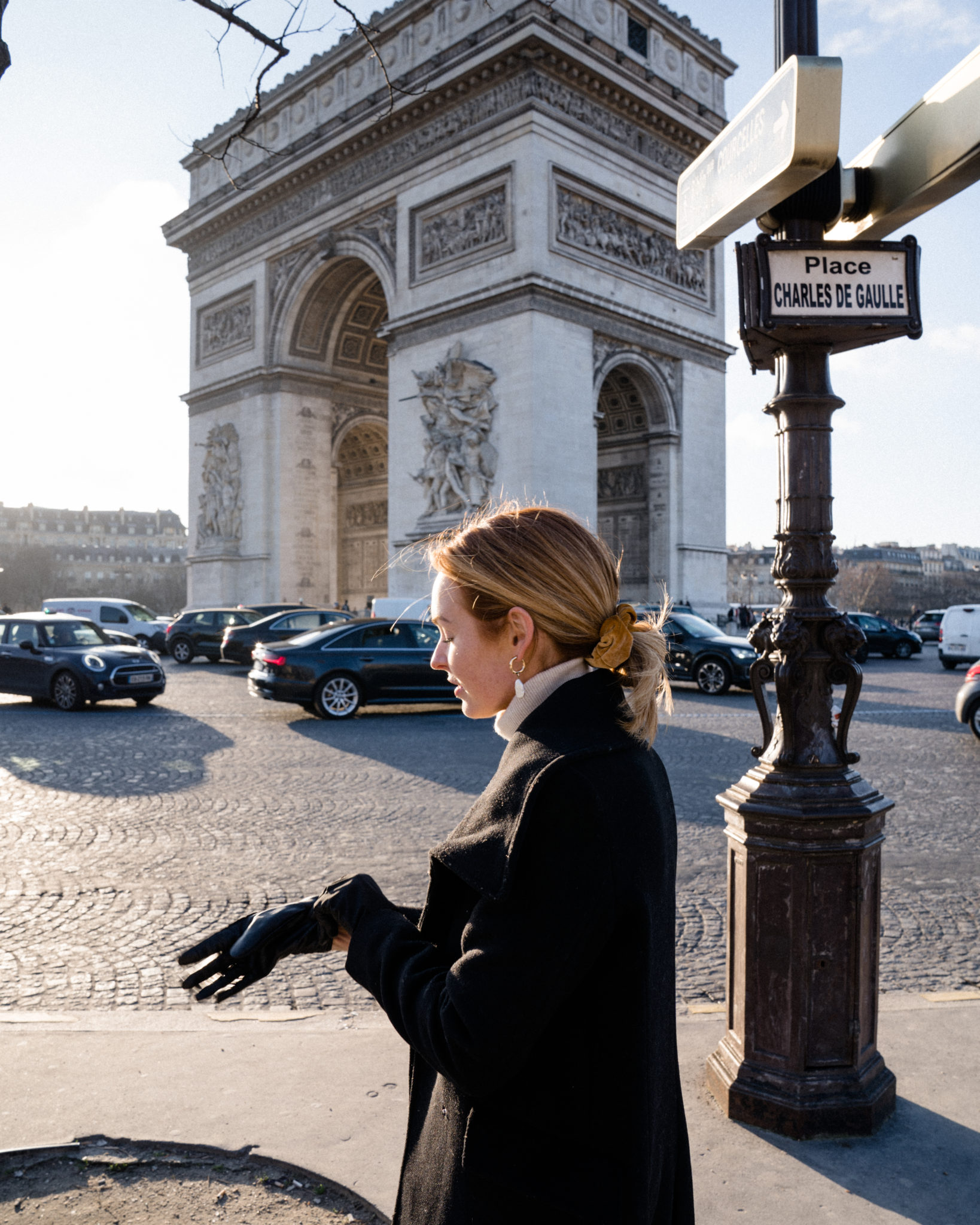







![‘Companion’ Ending Breakdown: Director Drew Hancock Tells All About the Film’s Showdown and Potential Sequel: ‘That’s the Future I Want for [Spoiler]’](https://variety.com/wp-content/uploads/2025/02/MCDCOMP_WB028.jpg?#)

